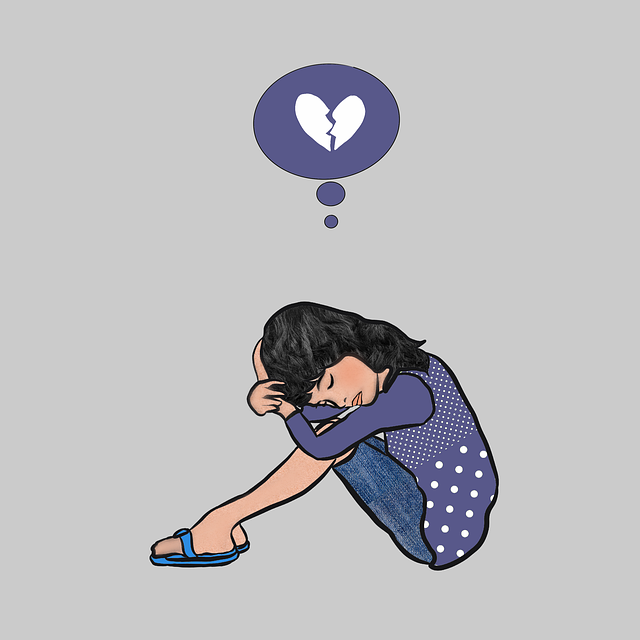Mental health law advocacy plays a pivotal role in balancing public safety and individual autonomy during civil commitment proceedings. Advocates safeguard personal freedoms by challenging potential abuses of power, promoting ethical treatment, and ensuring fair legal processes for individuals with severe mental illness. They navigate complex systems to protect rights, privacy, and dignity, while advocating for less restrictive alternatives and informed consent. Through strategic documentation, research, and arguments based on case law, these advocates secure positive outcomes, contributing to a just and equitable mental health care system.
In the intricate landscape of civil commitment, safeguarding individual rights is paramount. This article delves into the vital role of mental health law advocacy in protecting freedoms within this often controversial realm. We explore the profound impact of civil commitment on mental health rights and dissect key legal protections crucial for fair treatment. Through successful case studies, we illuminate effective strategies, demonstrating the power of mental health law advocacy in preserving rights and ensuring due process during these challenging proceedings.
- Understanding Civil Commitment and Its Impact on Mental Health Rights
- The Role of Mental Health Law Advocacy in Protecting Individual Freedoms
- Key Legal Protections for Individuals in Civil Commitment Proceedings
- Strategies to Ensure Fair Treatment and Due Process
- Case Studies: Successful Advocacy and the Preservation of Rights
Understanding Civil Commitment and Its Impact on Mental Health Rights

Civil commitment is a legal process that authorizes the involuntary confinement of individuals who may pose a danger to themselves or others due to severe mental illness. It’s a complex issue that intersects with various aspects of mental health law advocacy, as it directly impacts an individual’s freedom and rights. The process involves a careful balance between ensuring public safety and respecting the autonomy and human rights of those facing mental health challenges.
Involuntary commitment can have significant ramifications for individuals’ lives, potentially restricting their movement, access to services, and personal freedoms. Mental health law advocates play a crucial role in navigating these legal battles, ensuring that the rights of those subject to commitment are protected while also addressing the broader societal interests of safety and treatment. Understanding the nuances of civil commitment is essential for both legal professionals and mental health advocates working towards just outcomes in these sensitive cases.
The Role of Mental Health Law Advocacy in Protecting Individual Freedoms

Mental health law advocacy plays a pivotal role in safeguarding individual freedoms within civil commitment legal battles. These advocates ensure that the rights of individuals facing involuntary commitment are protected, promoting fair and ethical treatment. They navigate complex legal systems, providing guidance and support to those who may feel overwhelmed by the process. Mental health law advocates ensure that every step respects the person’s autonomy, privacy, and dignity.
By championing for clients’ rights, these advocates challenge potential abuses of power and ensure that commitment decisions are based on sound legal and clinical judgments. They help individuals understand their options, participate in decision-making processes, and access appropriate mental health services. This advocacy is crucial in fostering a balanced approach where treatment and freedom are not at odds but work together to support the best interests of those facing civil commitment.
Key Legal Protections for Individuals in Civil Commitment Proceedings

In civil commitment proceedings, individuals facing confinement for their mental health are protected by a series of legal safeguards designed to ensure fairness and respect for their rights. These protections are pivotal in the realm of mental health law advocacy, aiming to balance public safety with individual liberties. Key among these is the requirement for clear and convincing evidence that the person poses a danger to themselves or others, as determined by a qualified medical professional. This standard ensures that commitment is not based on mere speculation or social stigma.
Additionally, individuals have the right to legal counsel, allowing them to challenge the evidence presented against them and ensure their due process rights are upheld. The court must also consider less restrictive alternatives to confinement, such as outpatient care or community-based programs. These protections, vital for effective mental health law advocacy, safeguard the rights of those facing civil commitment while ensuring a balanced approach to public safety.
Strategies to Ensure Fair Treatment and Due Process

In civil commitment legal battles, ensuring fair treatment and due process is paramount, especially when addressing sensitive matters related to mental health. Effective strategies involve robust mental health law advocacy that centers around patient autonomy and informed consent. Mental health advocates play a crucial role in navigating complex legal landscapes, ensuring individuals receive appropriate care while respecting their rights. They meticulously review evidence, challenge discriminatory practices, and advocate for less restrictive alternatives, fostering an environment where patients’ voices are heard.
These strategies encompass comprehensive documentation, thorough examination of medical records, and meticulous analysis of legal precedents specific to mental health laws. By employing these tactics, advocates can safeguard against potential abuses, ensure procedural fairness, and ultimately protect the rights of individuals within the civil commitment process. This meticulous approach is instrumental in upholding the principles of justice and human dignity, pivotal considerations in the realm of mental health law advocacy.
Case Studies: Successful Advocacy and the Preservation of Rights

In the realm of civil commitment, where individuals’ rights and freedoms are at stake, successful mental health law advocacy plays a pivotal role in preserving liberties. Case studies illustrate powerful examples of how dedicated advocates have navigated complex legal landscapes to protect the rights of those with mental health conditions. These advocates employ strategic approaches, leveraging relevant laws and regulations to ensure fair treatment and adequate care.
Through meticulous research and an understanding of the unique challenges faced by their clients, they develop robust arguments that challenge harmful practices and discriminatory policies. By drawing on case law and expert testimony, these advocates secure positive outcomes, including improved access to treatment, reduced restrictions on personal freedoms, and enhanced due process rights for individuals in mental health facilities. Their efforts not only safeguard rights but also contribute to a more just and equitable system within the mental health care sector.






